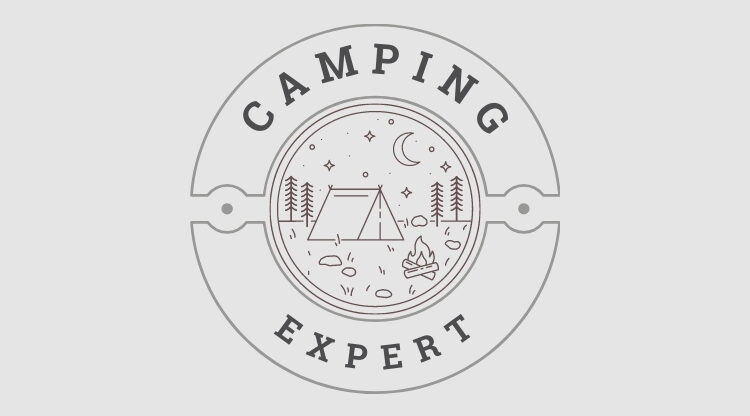People go camping for many different reasons. Although their own tastes and preferences can make for a multitude of different types of camping experiences, broadly speaking, there are 4 different types of camping locations.
Recreational camping
This form of camping is for people who want all the comforts of home in an outdoors setting and they are catered for by thousands of campgrounds all over the UK. Most of these facilities include clean toilets, hot showers, laundry facilities, camp grocery shops and perhaps even a bar or entertainment club on site. The majority of campers will arrive in motorhomes, campervans and caravans but many of them will cater for those who just arrive with their tent. For the motorhome/campervan/caravan owners, they are likely to have a TV (some even have satellite TV!), and many of them will have their own electric, water, gas and toilet ‘hook up’. Most of these campgrounds are usually very clean and well equipped.
Primitive camping
For people who like to get a bit closer to nature and the outdoor environment, they are usually more likely to fit into this category. These types of campgrounds can often be found in National Parks or along waterways and they’ll usually have wooden picnic tables, toilets and a fresh supply of drinking water. A few of them might also have showers but not all, by any means and they do not normally supply electric or gas. Some of them are located along hiking trails far from the nearest road and you’re far less likely to see caravans or other forms of motorhomes on there. They’re popular with people who like to combine camping with cycling, canoeing, hiking and who like to get close up to wildlife and nature. They usually cost less than recreational campgrounds and some can even be free of charge.
Wilderness camping
Wilderness camping, in the UK at least, is most associated with mountaineering and camping at altitude but it can be anywhere and is usually combined with an adventurous sport of some kind, such as rock climbing, caving or long canoe trips lasting days, for example. Usually, no camping facilities whatsoever are provided. You’ll be required to go to the toilet in the woods, and to wash in nearby streams, lakes or rivers. You must carry all your water, food, and shelter with you in your rucksack and, if you’re wilderness camping in one of the National Parks or within a mountainous region, you may be required to obtain a camping permit before entering the wilderness. There can also often be rules concerning campfires and environmental protection so it’s important that you check before you go.
Festival camping
It’s worth noting that festival camping has become even more popular over recent years. Many people, who wouldn’t usually entertain camping, are happy to do so in order to fulfil their true passion which is, more often than not, music. In terms of facilities, whilst many of them cater well for crowds that can often number tens of thousands, it’s not as luxurious as recreational camping, though not too primitive either.
When it comes to the camping ‘experience’, it’s really a case of ‘each to their own’ when it comes to choosing the location that’s right for you. The important thing to remember, whatever form your camping takes, is to plan ahead, be prepared and enjoy!
